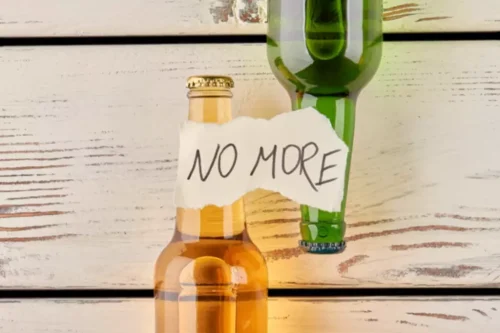
A 2017 review found that a history of alcohol misuse increased the risk of post-traumatic epilepsy in people with traumatic brain injury. The main management for severe symptoms is long-acting benzodiazepines — typically IV diazepam or IV lorazepam. Some people experience prolonged withdrawal symptoms, like insomnia and mood changes, that can last for weeks or months. Alcohol withdrawal can range from very mild symptoms to a severe form, known as delirium tremens. Therapeutic approaches provide strategies to cope with cravings, develop healthier habits, and tackle underlying issues contributing to heavy alcohol use.

Health Conditions
There are many potential triggers for someone who is prone to seizures.Flashing lights, especially repetitive on and off or patterns, may trigger a seizure. However, someone who is alcohol withdrawal seizure having an alcohol withdrawal seizure may not need any trigger other than stopping alcohol use. Drinking alcohol in small amounts generally does not trigger seizures, but seizures can result from alcohol withdrawal.
- An estimated 50 percent of people who have an alcohol addiction will experience withdrawal symptoms if they abruptly stop drinking.
- Call us today to find out more about our alcohol detoxification programs.
- Patients who experience harms from alcohol and other substance use often seek care in the emergency department (ED) 1, 2.
- If you consistently consume significant amounts of alcohol, your CNS gets used to this effect.
Why Do Alcohol Withdrawal Seizures Happen?
They can also review and adjust any medications that could adversely interact with alcohol, thereby reducing seizure likelihood. The pathophysiology of alcohol seizures involves the central nervous system (CNS) and is related to the abrupt reduction in alcohol intake after prolonged heavy consumption. Ethanol, the active ingredient in alcoholic beverages, acts as a CNS depressant.
Gabapentin
They will also typically give you medication to stop a seizure if you are experiencing one. Behavioral health treatment for alcohol problems is often (but not always) covered by insurance. In the United States, most states have low-cost or free rehabilitation programs for those who are uninsured. Research shows people who have a supportive social network are more likely to remain alcohol-free after withdrawal.
Symptom-triggered therapy
- For those individuals who had a witnessed seizure and are now in the post-ictal phase, supportive care and seizure precautions are necessary.
- This is a seizure (or at least a massive generalization of what a seizure looks like).
- An individual could not have a seizure due to stopping taking alcohol suddenly but rather due to withdrawal from it.
- Alcohol withdrawal syndrome is a medical emergency that requires immediate medical attention.
Serious concerns about alcohol withdrawal and seizures may arise when people with severe drinking histories suddenly stop or reduce alcohol intake. It is important to know the link between them for early symptoms’ identification and quick access to medical help. They can help you quit drinking in a safe environment and prevent serious symptoms of alcohol withdrawal. It’s important to address issues with heavy drinking in a medical environment rather than trying it on your own. An estimated 50 percent of people who have an alcohol addiction will experience withdrawal symptoms if they abruptly stop drinking.

Common medications include benzodiazepines to help treat symptoms like anxiety, insomnia, and seizures. You might also take anti-seizure meds and antipsychotics, along with other drugs. If you drink daily, your body becomes dependent on alcohol over time. When this happens, your central nervous system can no longer adapt easily to the lack of alcohol. If you suddenly stop drinking or significantly reduce the amount of alcohol you drink, it can cause AWS.
Overview of Alcohol-Related Seizures: Can Drinking Alcohol Cause Seizures?
Experts say the kindling effect develops due to genetic factors (it is present in people with a family history of alcoholism). Previous withdrawal experiences can also be risk factors for the kindling effect. Seizures typically occur within 12 hours of stopping the use of alcohol or reducing your intake.
Both of these neurotransmitters play a role in managing brain activity and relaxation. If you or a loved one are ready to begin the journey toward a substance-free life, we’re standing by to take your call. Reach out to our Recovery Advocates to learn more about our treatment programs and find a plan that works well for your specific needs and situation. Emphasizing a balanced diet and proper hydration can maintain brain health and mitigate seizure triggers.

Since alcohol causes inhibitory effects on your brain, your brain may produce fewer of its own inhibitory effects. It may also increase excitatory effects in an attempt to balance brain chemistry. Once your brain chemistry has adapted to alcohol, you’ll feel the effects of chemical imbalance when you go several hours without a drink. Few studies have evaluated the safety and efficacy of pharmacotherapies for alcohol withdrawal specifically in the ED setting.